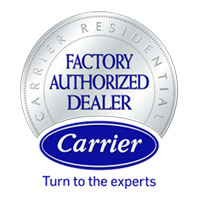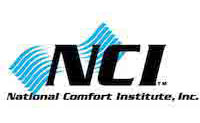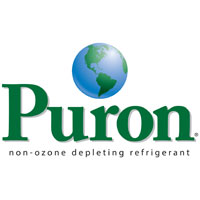Share to TwitterShare to LinkedInShare to PinterestWhile HVAC companies like us do offer emergency repair services, you’re better off avoiding HVAC emergencies to begin with— especially during the summer and winter seasons. In today’s post, McMaster discusses the ways that you can avoid emergency HVAC repairs.
Change your air filters. Air filters help maintain indoor air quality by catching dust, mold spores and other indoor air pollutants. They become clogged over time, which is why they need to be replaced every three months, or as often as once a month during seasons of heavy use. Not doing so could block airflow, increase the strain on your HVAC system and lead to an unexpected breakdown. Fortunately, replacement air filters can easily be purchased and installed without assistance from an HVAC technician. When buying an air filter, make sure that it’s the same size as the previous one.
Clean the outdoor unit. Whole-home heating and air conditioning systems have an outdoor unit that houses the condenser. The enclosure is lined with vents and cooling fins that can get clogged with dust and dirt. Leaves and larger pieces of debris may find their way into the enclosure as well, which can prevent the vents from releasing warm air, increasing the strain on your HVAC system. Before taking the garden hose to your outdoor unit, keep in mind that your HVAC system may need to be cleaned and serviced by a technician.
Don’t turn off your HVAC system. If your household requires heating and cooling at certain times of the day — like when you get home from work or school — you don’t have to turn it off. It may sound counterintuitive, but turning off your HVAC system every day actually consumes more energy and creates more strain. Every time the HVAC system is turned back on, it will have to cool or heat the entire house again, which means it will be running at full capacity for several hours.
With the right settings, keeping your HVAC system running can help you save energy and reduce the likelihood of an HVAC emergency. During the summer, program your thermostat so it raises the room temperature about five to 10 degrees when you leave, then reverts to the usual settings when you return.
Call McMaster for All Your HVAC Needs
McMaster is your leading provider of heating and air conditioning services. Give us a call at (949) 481-7995. You can also fill out our contact form to schedule an appointment. We serve customers in communities in Orange County.














